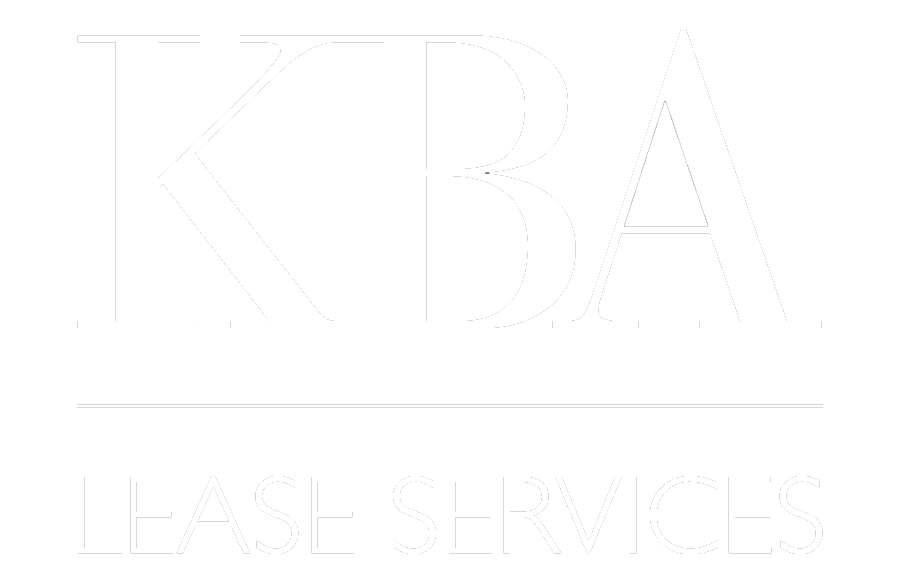Tenants often think that the only risk of deferring an audit of their lease this year is that they may be unable to recover any of this year’s overcharges. In fact, skipping a year of reviewing your charges can have a profound impact on your costs for the balance of your lease term. Here’s why.
Accepting billing practices may create a presumption that such practices are acceptable. Landlords will often argue that a tenant had an adequate chance to review their charges and object, and by deciding not to do so, accepted the underlying billing practices. To protect against this, there may be specific clauses in the lease that state that the tenant’s failure to object to a landlord breach does not constitute a waiver of its future right to do so. But in practical terms, allowing an improper practice to continue makes it much more difficult to correct in later years.
In addition, in Base Year leases, the tenant’s best opportunity to object to the structuring of the base year’s expenses is early in the term when the expenses are fresh. As with improper billing practices, if the base year is understated, it will result in overstatements of the operating expense and other escalations for the duration of the lease term. Any such understatements should be identified and discussed with your landlord immediately, before they have a chance to become embedded in the landlord’s financial plan. Landlords’ projections of future income are rely on upon proper estimates of revenue from operating expense, tax and other escalations, and adjustments to base years raise significant issues as to future income projections.
